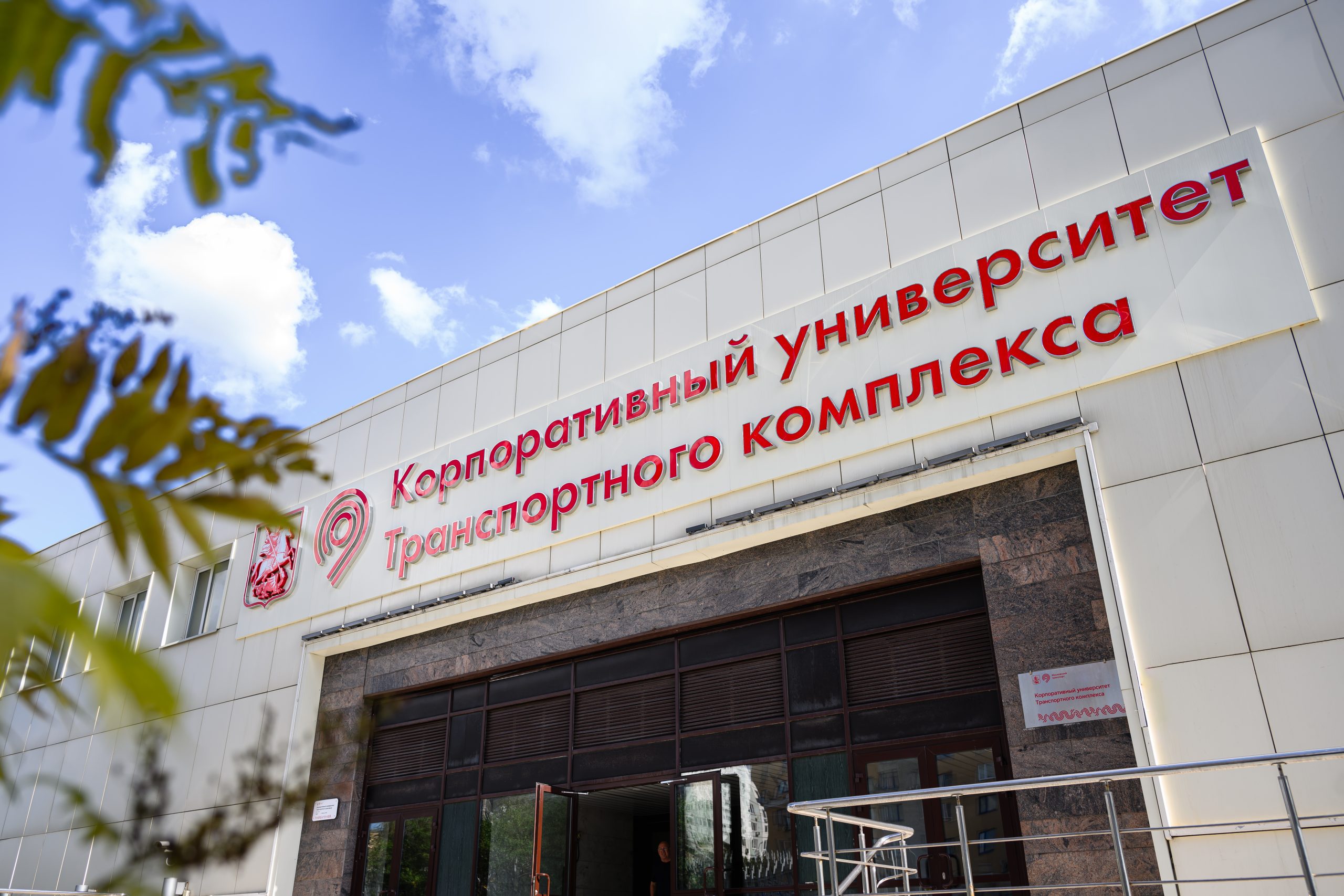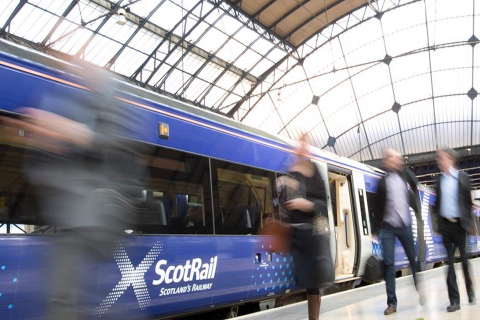Moscow Transport Development Program 2030

Moscow Mayor Sergey Sobyanin has unveiled the Moscow Transport Development Program. It outlines plans to enhance the city’s transportation infrastructure until 2030. The program aims to reduce commute times for over 3.3 million Muscovites, potentially saving up to 30 minutes per day for residents.
Under this initiative, the city plans to expand its metro and Moscow Central Diameters (MCD) networks, adding 48 new stations and extending metro lines by 88 kilometres. Integration efforts will bring 39 stations from the Yaroslavsky and Paveletsky directions into the MCD tariff zone, with the construction of four new depots, according to a recent press release from Moscow Metro.
Autonomous operation will be introduced on metro Line 17, aiming for energy savings and increased safety. Improvements in traction energy infrastructure are also part of the program, aiming to reduce waiting times during peak hours and increase the number of train pairs from 38 to 40 per hour.
Tram services will see enhancements as well, with plans to increase average speed during peak hours to 18 kilometres per hour by 2030. The city aims to add 10.3 kilometres of new tram lines and integrate up to 10 kilometres of autonomous driving without overhead wires, along with the introduction of hybrid supercapacitors made in Russia.
The development of a Central Transport Hub and Russian High-Speed Rail is also a priority, aiming to provide increased frequency and accessibility to regional centres, aiming to reduce waiting times.
Investment in rolling stock, personnel, and technology
Rolling stock renewal is planned, with 95 per cent of new metro trains, all new trams, and all new MCD trains expected by 2030. Moscow seeks to position itself as a leader in transport innovation, with the introduction of the Moskva-2024 trains.
Investment in personnel is prioritised, with plans to train up to 100,000 personnel annually by 2030, offering 550 training programs to ensure excellence in transport services and infrastructure.

Lastly, the press release stated that the program aims to provide “personalised urban transport experiences” for over 5.5 million passengers by 2030, with data-driven insights to manage demand.
Further reading:




